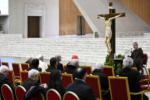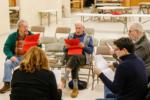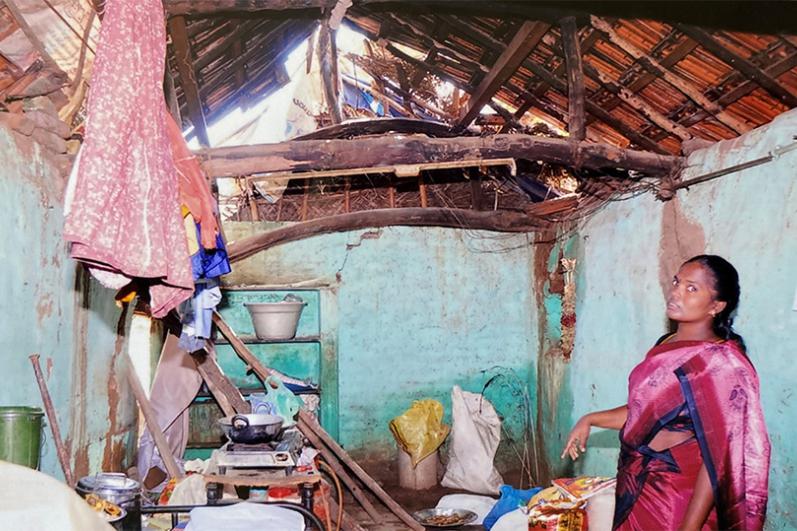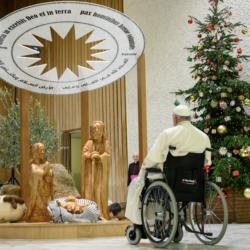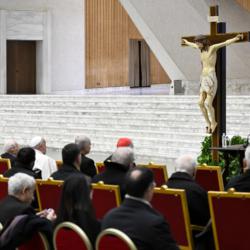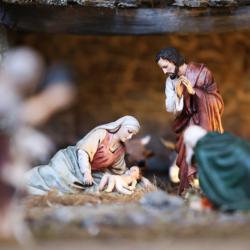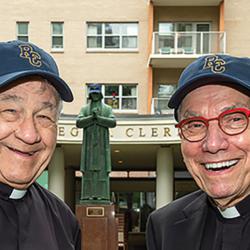Sheltering the Flock of Kumbakonam, India
Kumbakonam, India is a diocese in the southeastern corner of India. The city itself is ancient, dating back to the third century BC. Its storied history involves kings, emperors, and conquerors. In the 16th Century, it was a hub for poets, artists, and musicians. Most people who live in the area, which is close to the size of the Archdiocese of Boston, are Hindu. Catholic Christians are about 4.4 percent of the total population. This means that approximately 260,000 Catholics are spread out across 3,000 square miles.
Bishop Antonysamy Francis shepherds this widespread flock. He'll tell you that the challenges are many.
Most of the Catholics in his diocese belong to the Dalit caste; because Dalits (formerly known as 'untouchables') have always been viewed as being of the lowest social status, their rights are few. Discrimination against them in housing, employment, and education remain a reality, even though the Indian constitution legally abolished such action. Human Rights Watch has gone so far as to call it a "hidden apartheid."
The faithful of the rural areas of Kumbakonam are subsistence farmers, growing rice as their main staple. If they are successful enough to own a goat or other livestock, they generally keep it in their house with them, safeguarding the precious commodity.
Proper housing is a major problem on which the Church of Kumbakonam is focused. Currently, most rural families live in one room shacks. Some structures are made of walls woven from reeds and leaves, others are cobbled together with homemade bricks and sticks. A tarp for a roof is a regular sight; yet it does very little to keep the weather out in the rainy season.
The crowded one room is no bigger than the average American office space. All cooking, hanging of laundry, family meals, and sleeping are somehow accomplished in this small, flimsy space. Running water and proper sanitation are non-existent.
Bishop Francis would like to help his people invest in proper housing. With a grant of $6,000, a family can invest in a home that has poured-concrete footers for a strong base and walls made of cement blocks. A sturdy roof protects them while a center wall splits the home into a living and sleeping space. Each new home will have its own outhouse. The villagers share a common fresh water well.
Because Dalits rarely receive the available $6,000 government grants for housing, it falls to the Church to act. Bishop Francis says he'll do anything to help his people -- including give away his bishop's pectoral cross to someone who admired it in hopes that somewhere, someone will "pay it forward" and help him shelter his flock.
- Maureen Crowley Heil is Director of Programs and Development for the Pontifical Mission Societies, Boston.

